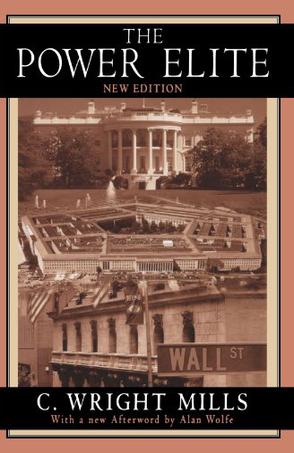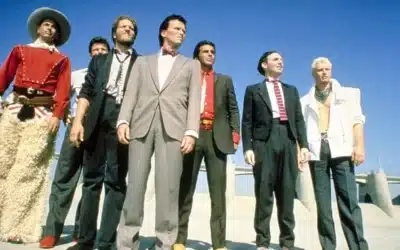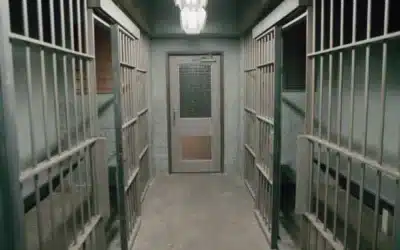 The opening paragraphs of C. Wright Mills’ The Power Elite are prophetic, especially considering they were penned in 1956. The concept of the deep state has only just begun to gain some acceptance within mainstream discourse. Mills was a Columbia University professor, but was born and raised (I am proud to say) in Texas. Our lives, our power of choice, the societal structures in which we function, are largely determined not by us, but by a power elite:
The opening paragraphs of C. Wright Mills’ The Power Elite are prophetic, especially considering they were penned in 1956. The concept of the deep state has only just begun to gain some acceptance within mainstream discourse. Mills was a Columbia University professor, but was born and raised (I am proud to say) in Texas. Our lives, our power of choice, the societal structures in which we function, are largely determined not by us, but by a power elite:
“The powers of ordinary men are circumscribed by the everyday worlds in which they live, yet even in these rounds of job, family, and neighborhood they often seem driven by forces they can neither understand nor govern. ‘Great changes’ are beyond their control, but affect their conduct and outlook none the less. The very framework of modern society confines them to projects not their own, but from every side, such changes now press upon the men and women of the mass society, who accordingly feel that they are without purpose in an epoch in which they are without power.
But not all men are in this sense ordinary. As the means of information and of power are centralized, some men come to occupy positions in American society from which they can look down upon, so to speak, and by their decisions mightily affect, the everyday worlds of ordinary men and women…
The power elite is composed of men whose positions enable them to transcend the ordinary environments of ordinary men and women; they are in position to make decisions having major consequences… For they are in command of the major hierarchies and organizations of modern society. They rule the big corporations. They run the machinery of the state and claim its prerogatives. They direct the military establishment. They occupy the strategic command posts of the social structure, in which are now centered the effective means of the power and the wealth and the celebrity which they enjoy.”
—Mills, C. Wright. The Power Elite. New York: Oxford University Press, 1956.





























